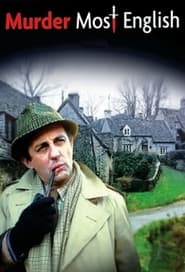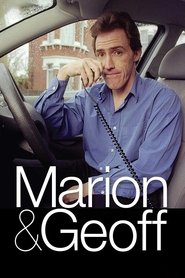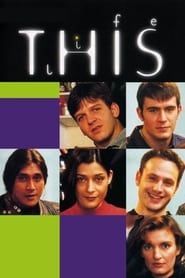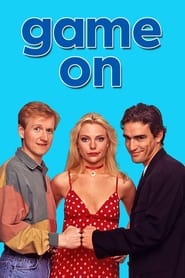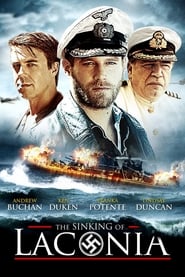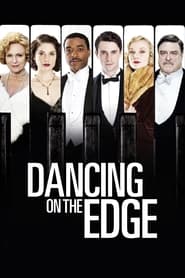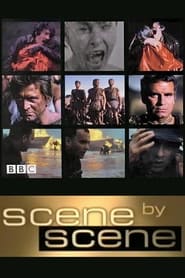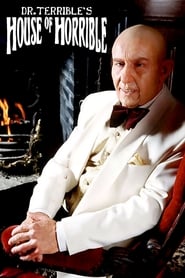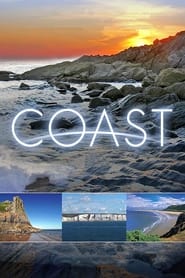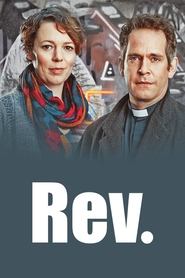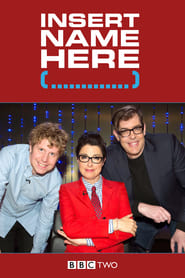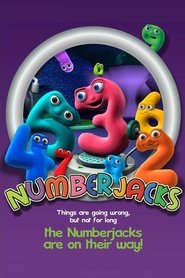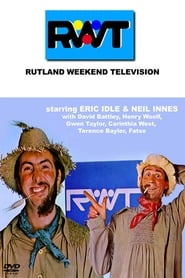Bbc Two TV Series - Page 11
-
Murder Most English
1977
star 5.51970s detective series based on the Flaxborough novels by Colin Watson. Starring Anton Rodgers as Detective Inspector Purbright and Christopher Timothy as Detective Sergeant Love, the series pays tribute to a long-gone England of heavy tweed jackets, dial telephones, typewriter ribbons and good old-fashioned investigation and deduction. -
Bill Oddie's How to Watch Wildlife
2005
Bill Oddie's How to Watch Wildlife is a British BBC 2 TV programme about natural history presented by Bill Oddie and produced by Stephen Moss. A first series of eight episodes were broadcast in early 2005, and a second series of eight episodes in early 2006. -
Giri/Haji
2019
star 7.4Soulful thriller set in Tokyo and London, exploring the butterfly effect of a single murder across two cities. A dark, witty and daring examination of morality and redemption. -
Marion and Geoff
2000
star 7.8Keith Barret, a taxi driver, is estranged from his wife, Marion, and children, Rhys and Alun. Although it's clear the separation is having a devastating effect on him, he's determined - to the point of near insanity - to remain positive. -
This Life
1996
star 7.8Five aspiring lawyers are aiming for the top - but behind the scenes they're a mess of love, drugs and excess. -
Game On
1995
star 7.2Following the lives of three 20-somethings sharing a flat in Battersea. They're young, bright and sexy - so why aren't they having a good time ? Join Matthew (the agoraphobic, self-obsessed, macho man); Martin (the wimpish, sex-starved underdog) and Mandy (the gorgeous blonde, who always ends up with the wrong men), in this outrageously funny flat-share comedy that is anything but politically correct. -
The Sinking of the Laconia
2011
star 6.3The true story of the Allied ship Laconia, sunk in WWII by a German U-Boat, which then surfaced against orders to rescue the civilian crew -
Cunk on...
2018
star 7.9Landmark mockumentary-maker Philomena Cunk traces the history of Britain and Earth. -
Dancing on the Edge
2013
star 6.6An explosive 1930s drama following a jazz band in London at a time of huge change. -
Scene by Scene
1997
star 6Mark Cousins invites film actors and directors to watch major scenes in their career to date, and to talk us through them. -
The Saturday Night Armistice
1995
star 7The Saturday Night Armistice was a British satirical television comedy programme presented by Armando Iannucci with Peter Baynham and David Schneider, which ran from 1995 to 1999. The programme took an irreverent and often surreal look back at topical events, and featured studio discussions, sketches and setups. Like many 1990s British comedy series it included appearances and writing contributions by a large number of UK comedians including amongst others Arthur Mathews, Graham Linehan, Simon Pegg, Andy Riley, Kevin Cecil, Kevin Eldon, Steve Pemberton, Reece Shearsmith, Omid Djalili, Al Murray, Ben Moor, Mel Giedroyc and Sue Perkins. -
Dr. Terrible's House of Horrible
2001
star 6.8Dr. Terrible's House of Horrible is a satirical British comedy-horror anthology series created by Graham Duff, who co-wrote the series with Steve Coogan. BBC Two broadcast the series in 2001. It spoofs the British horror films of Amicus Productions, Hammer Film Productions, and Tigon British Film Productions. The title parodies Amicus Productions' anthology film Dr. Terror's House of Horrors (1965). -
My Life in Books
2011
My Life in Books
2011
Anne Robinson hosts a chat show which invites well-known personalities to discuss the books they most love and why. -
Coast
2005
star 7.3The nation's love affair with the coast will be reawakened for this entertaining and ambitious exploration of the entire UK coastline. Every part of the 9,000-mile coast is covered to explore how we've shaped it - and how it shapes us. Hosted by a team of history and geography experts who investigate everything from life on a nuclear submarine; rebuilding the Titanic using computer images; the story behind the first Butlins holiday camp; and the birth of the Severn Bore. Discover the curious, sometimes dysfunctional, relationship between the British and the seas. -
Rev.
2010
star 7.3Sitcom about a former rural parish vicar trying to cope with the varied demands of running an inner-city church. -
Insert Name Here
2016
star 6.7Comedy panel show about people with the same first name, hosted by Sue Perkins. -
The Enigma Files
1980
star 5.5The Enigma Files is a British television detective drama that ran for a single series of fifteen episodes in 1980. Detective Chief Inspector Nick Lewis is tasked with investigating unsolved crimes. -
Numberjacks
2006
star 6.8Centres on the adventures of a group of anthropomorphic numbers. They go about their everyday lives inside their sofa until a call comes in from a real-life child Agent, who reports a problem that needs solving. One or two of the Numberjacks fly out on location to investigate. The Numberjacks have to work out how to put things right, and thwart the dastardly intentions of the Meanies. -
Rutland Weekend Television
1975
star 5.6Comedy sketch series purporting to show the programming of a low key regional television service. Written by Eric Idle of 'Monty Python's Flying Circus' fame. A popular feature was the music of Neil Innes (one time member of the eccentric Bonzo Dog Dooh Dah Band), especially his Beatles parody The Rutles. They later featured in their own film: 'The Rutles (All You Need Is Cash)'. -
Food Poker
2007
Food Poker
2007
Food Poker is a BBC tea-time television programme which fuses traditional culinary skills with poker. It is presented by Matt Allwright and each episode features four chefs. It was first broadcast on BBC Two in 2007.
